Continuing the 10th Session, the National Assembly discussed in groups the Draft Law on Tax Administration (amended).
Clause 1, Article 13 of the draft Law on Tax Administration (amended) stipulates: "Business households and business individuals, based on the actual annual revenue from production and business activities of goods and services, shall self-determine whether they are subject to non-taxation, non-taxation, taxable, or taxable according to the provisions of the law on tax."
According to delegate Tran Quang Minh - National Assembly Delegation of Quang Tri province, the nature of applying the tax base based on revenue comes from the fact that business households and individual businesses do not have a systematic accounting system, do not have the habit and capacity to fully store invoices and documents of input costs.
The abolition of the lump-sum tax mechanism has been requiring this subject to gradually develop in a more professional direction. This is a policy in accordance with Resolution 68-NQ/TW, but there are also risks regarding feasibility, the accounting and tax declaration capacity of millions of business households is still limited; the technology infrastructure and data sharing between ministries and branches are not yet synchronized...
According to delegates, if implemented simultaneously, it could lead to overload for tax authorities, errors, tax arrears and even increased compliance costs for small businesses.
Therefore, delegates suggested that there should be a conversion roadmap for each scale group, combined with technical support, simple accounting, and free software for small households.

Although the Government 's Submission and the explanatory note to the draft Law have provided a roadmap for applying the revenue-based tax basis to the profit-based tax basis when the conversion is completed.
However, to increase support, create motivation for transformation and avoid conflicting opinions from this community, the draft Law needs to have at least one clearly directional content such as a political commitment, demonstrating the State's goodwill in listening to and supporting this business community over the long term.
Delegates proposed to immediately stipulate in the Law the roadmap for converting from applying the tax base based on "revenue" of business households and individual businesses to another suitable form.
In fact, these business entities are stuck in practice due to the lack of basic skills in accounting, using electronic invoices, and applying information technology; the State needs support for these entities to transform; at the same time, not applying a rigid business model to simpler business entities.
Delegates proposed to add provisions with specific regulations on the roadmap and policies to encourage more specific conversion, such as: providing free or supporting most of the costs for simple accounting software solutions and electronic invoices generated from cash registers for business households with revenue below the threshold prescribed by the Government; regulating a simple accounting regime, not applying complex accounting standards like enterprises...
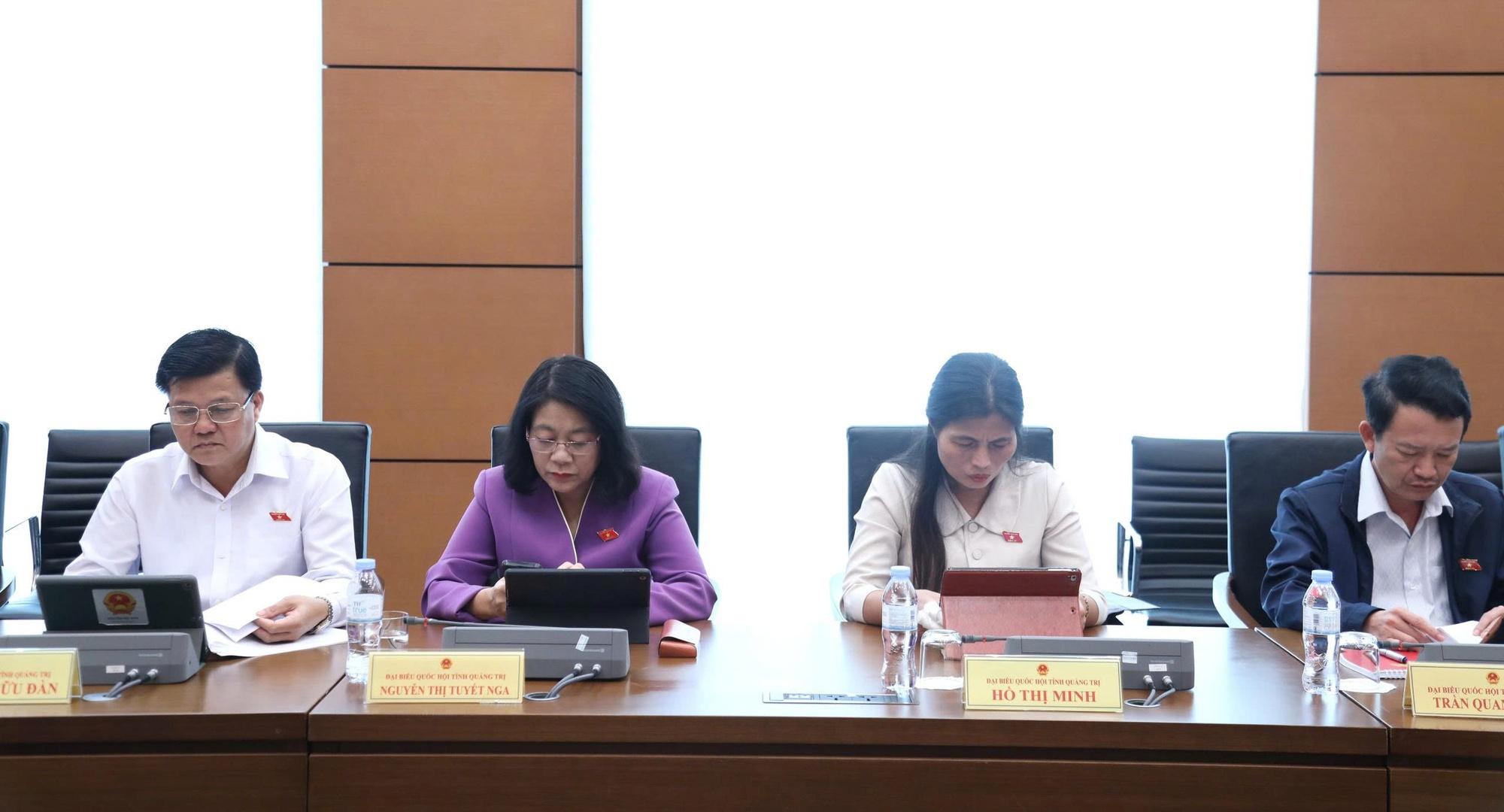
Assess the specific impact of this change in tax liability on affected entities
Agreeing with the above viewpoint, delegate Tran Thi Hien - National Assembly Delegation of Ninh Binh province said that Article 13 of the draft Law stipulates: all business households and individuals will pay value added tax, personal income tax at a percentage rate and declare revenue according to invoices, instead of the lump-sum mechanism of the current Tax Administration Law. Clause 3, Article 52 of the draft Law stipulates that this content takes effect from January 1, 2026, earlier than the general effect of the Law.
According to delegate Tran Thi Hien, the shift from the contract mechanism to declaring revenue based on invoices will basically lead to a higher revenue level than the contract level currently applied by households and individual businesses. The delegate is also concerned that for micro-enterprises or private businesses with little accounting system and limited human resources, the immediate shift to declaration can also create a huge burden in terms of compliance costs, having to manage books, electronic invoices, etc.
Therefore, the delegate requested the Drafting Agency to assess the specific impact of this change in tax obligations on affected subjects, carefully study the regulations, and ensure consistency with the spirit of Resolution No. 68-NQ/TW and the goal of improving people's lives.
Consider adding transitional provisions in Article 53 of the draft Law, which clearly defines a transitional period specifically for business households and micro-enterprises, which can apply a mixed method within the first 1-2 years: simple declaration, or tax authorities support declaration on their behalf with available data.
At the same time, consider and supplement regulations on support for compliance cost exemptions (free electronic invoices, technical support, training) for small and micro enterprises in the initial stages of transformation.
Updated on November 9, 2025
Source: https://laichau.gov.vn/tin-tuc-su-kien/chuyen-de/tin-trong-nuoc/de-nghi-can-quy-dinh-lo-trinh-xoa-bo-thue-khoan.html








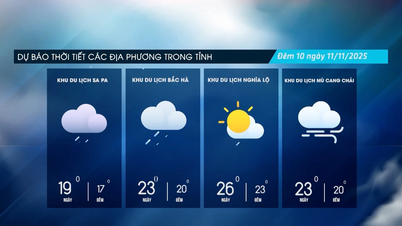



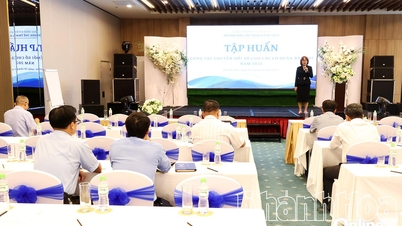


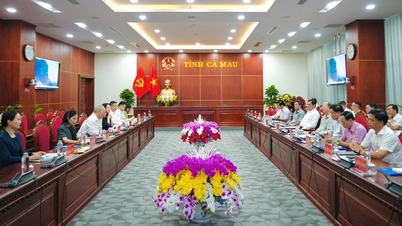

























































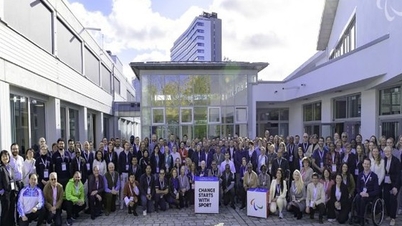


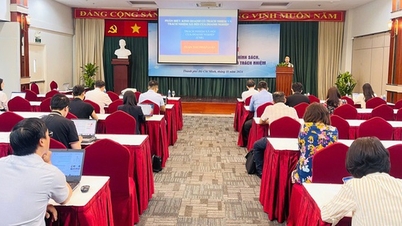

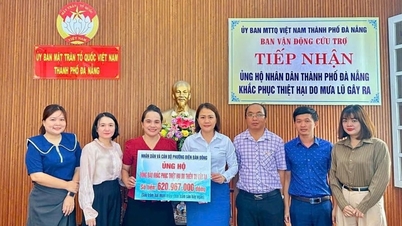







![Dong Nai OCOP transition: [Article 3] Linking tourism with OCOP product consumption](https://vphoto.vietnam.vn/thumb/402x226/vietnam/resource/IMAGE/2025/11/10/1762739199309_1324-2740-7_n-162543_981.jpeg)













Comment (0)